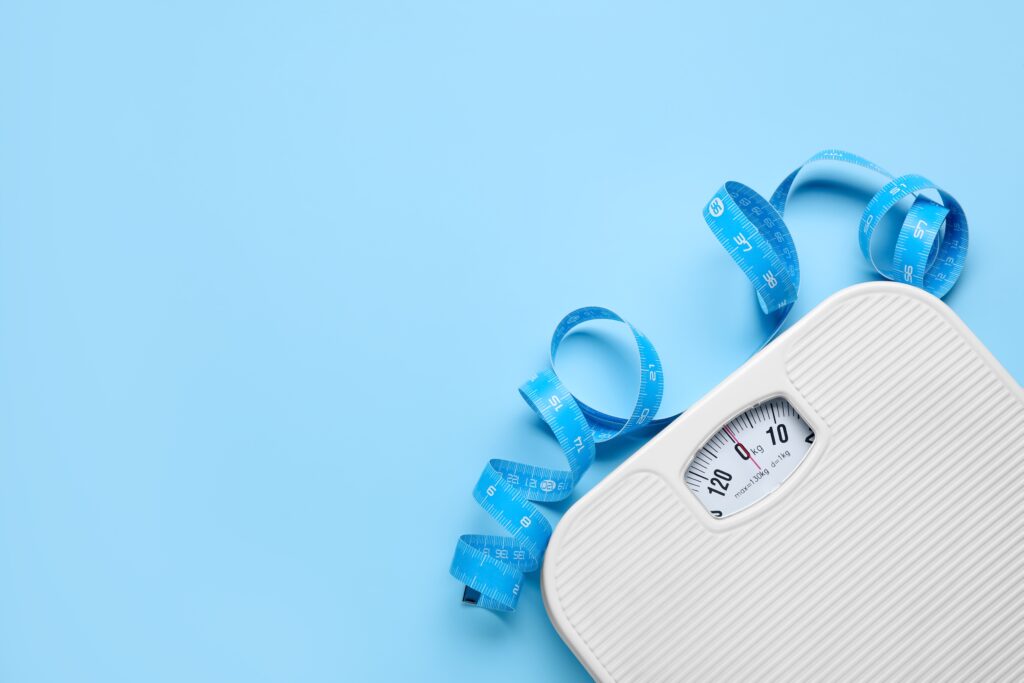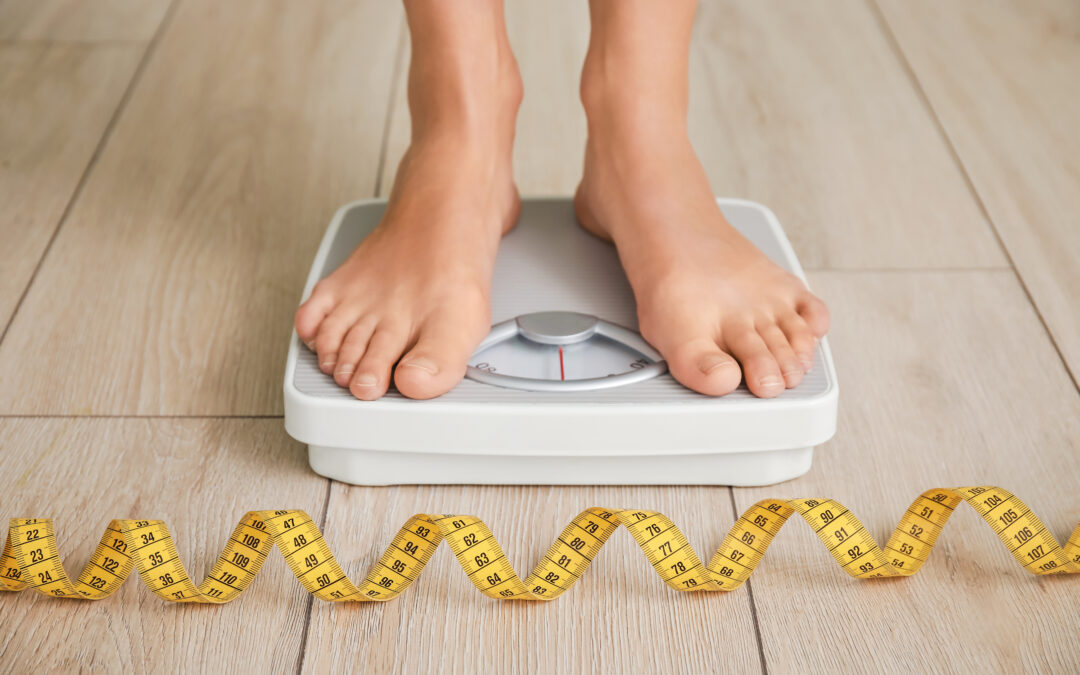When was the last time you stepped on the scale? Was it last month? Last week? Maybe you weighed yourself twice this morning, before and after breakfast?
Think about how you felt in the moments before you stepped on the scale. Were you still waking up maybe looking forward to enjoying your favorite coffee with vanilla creamer while watching the news? Maybe you were looking forward to having those fresh berries you bought from the Farmers Market with yogurt and granola.
Now think how you felt after you weighed yourself. Did seeing the number on the scale affect your emotions or your plans for breakfast? Did you feel a heavy blow in your chest seeing the number change? Maybe the weight changed in the direction you were hoping for and you gave yourself permission to eat more.
Weight is a popular method that many people use to track their progress or mark their success in their health journeys, but weight should not be used as the only gauge of success.
If weighing yourself causes discomfort, low motivation, or embarrassment, it might be time to get rid of the scale.
What is weight, anyway?
The literal definition of weight is the force acting on an object (or person) relative to gravity. Bone mass, muscle mass, organ mass, water mass, blood mass, and fat mass make up your total body weight. All of these components are vital for normal functioning.
It’s also important to remember that weight can fluctuate and change for many different reasons. Some of those are:
- Normal fluctuations of 5-7 pounds can happen daily with eating patterns, exercise or movement, bowel movements, and hydration status
- Muscle is denser and weighs more than fat, so weight can may increase with physical changes with exercise
All in all, the number on the scale is not the sole determinant of health status. So why do we place so much power in that number?
Society, weight, and the scale
Societal norms that value thinness have created unrealistic weight expectations in the minds of many. Weight is 25-80% determined by genetics, so it is unreasonable to use society’s definition of ideal weight.
When we consider “weight-related goals,” we think about incorporating healthier habits into our lifestyle. Changes like including more fruits and vegetables or going out for walks on our lunch breaks. Healthy habits like these make you feel better which in turn makes you happier. Goals related to healthy behaviors make a lot more sense than goals related specifically to weight.
The desire to change our bodies to fit a societal standard is an idea created by diet culture to condition us into believing that the only way for us to be happy is to be a certain weight or fit into a certain clothing size. Diet culture aside, your body can be any comfortable size while engaging in healthy (not restrictive) eating patterns and behaviors.

Advice from a dietitian
As a registered dietitian and a healthcare professional, I recommend that my clients ditch the scale, especially if looking at that number is causing stress, embarrassment, or guilt. The number on the scale does NOT determine your worth as a human being and should NOT inhibit your right to be happy.
Whatever your health goals are, focus on how you feel and other reliable health markers like laboratory values or muscle mass percentage. And if you do decide to step on the scale, aim to weigh yourself once a week rather than daily since our bodies do fluctuate. Weight trends are not usually evident over the span of 24 hours, but more so over the course of your health journey. And if you do see your weight plateau, don’t let that number deter you from ordering that Pumpkin Spice Latte or drizzling maple syrup over your pancakes because food should be fun and enjoyable, not limiting and restrictive.

